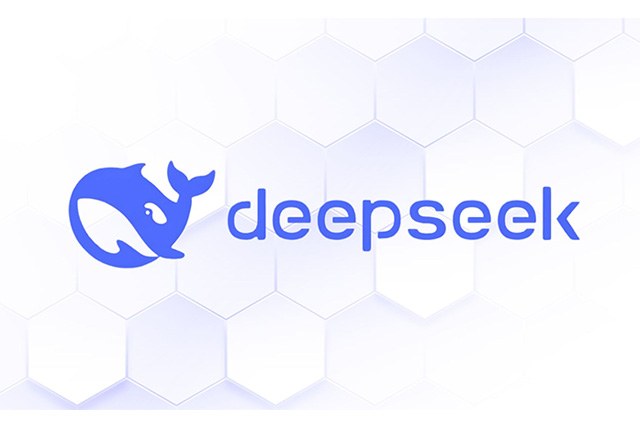
DeepSeek disruption may lead to more sustainable AI investment
DeepSeek disruption may lead to more sustainable AI investment
Tashkent, Uzbekistan (UzDaily.com) — The emergence of DeepSeek, a Chinese AI model demonstrating higher efficiency than prevailing models, highlights the risk of AI infrastructure overcapacity if the current pace of investment continues, says Fitch Ratings.
This development could moderate outsized revenue growth for AI chip makers but result in more sustainable AI infrastructure investment, limiting the severity of an eventual downturn.
DeepSeek alleges to have been able to produce competitive results using significantly fewer and less advanced semiconductors to build its AI model (R1). This calls into question the necessity of well over US$50 billion of quarterly hyperscaler investments in AI infrastructure. Fitch has been anticipating an inevitable pause to AI infrastructure spending in the medium term as returns on AI business models lag investments, resulting in potentially deeper or longer inventory digestion than in past cycles.
In this context, a more measured approach to AI investment could be credit positive for the technology sector. Fitch’s ‘neutral’ 2025 outlook for the Technology Semiconductor sector reflects robust AI spending, as well as our expectations for recovery from a deep excess inventory-led trough. Fitch forecasts mid-single digit revenue growth for the semiconductor subsector, driven by robust hyperscaler spending on AI infrastructure and a near-term personal computer refresh cycle.
The emergence of more cost-efficient, open-source alternatives to prevailing AI models should also hasten broader AI adoption, accelerating innovation and benefitting producers of less sophisticated chips. Penetration in the more fragmented chip market supporting inference models underpins revenue growth prospects for Advanced Micro Devices Inc. and Intel Corp. (BBB+/Stable), should the latter achieve technological parity with advanced producers over the next couple of years. This is less favorable for market leader NVIDIA Corp., which is more dominant for training.
However, initial concerns about DeepSeek may be overstated. DeepSeek claims its impressive results were built on trailing edge chip technology despite reports that, as recently as 2023, NVIDIA was shipping AI chips to China that were tweaked only slightly to meet U.S. export restriction requirements. DeepSeek’s model also appears to be more efficient for inference tasks, while traditional methods may still hold advantages in AI training. Security concerns and geopolitical considerations could limit the adoption of DeepSeek’s technology, particularly in Western markets.
Fitch recently took positive rating actions on Broadcom (BBB/Positive) and Marvell (BBB/Stable), both of which provide significant custom AI silicon and networking to hyperscalers. Broadcom is less susceptible to any pull-back of hyperscaler spending, as its business is broadly diversified, with 40% exposed to software and another 25% exposed to Apple Inc. devices. Fitch’s rating cases for both companies incorporate significantly more conservative earnings assumptions relative to management guidance and consensus estimates, based on expected slower AI infrastructure spending.